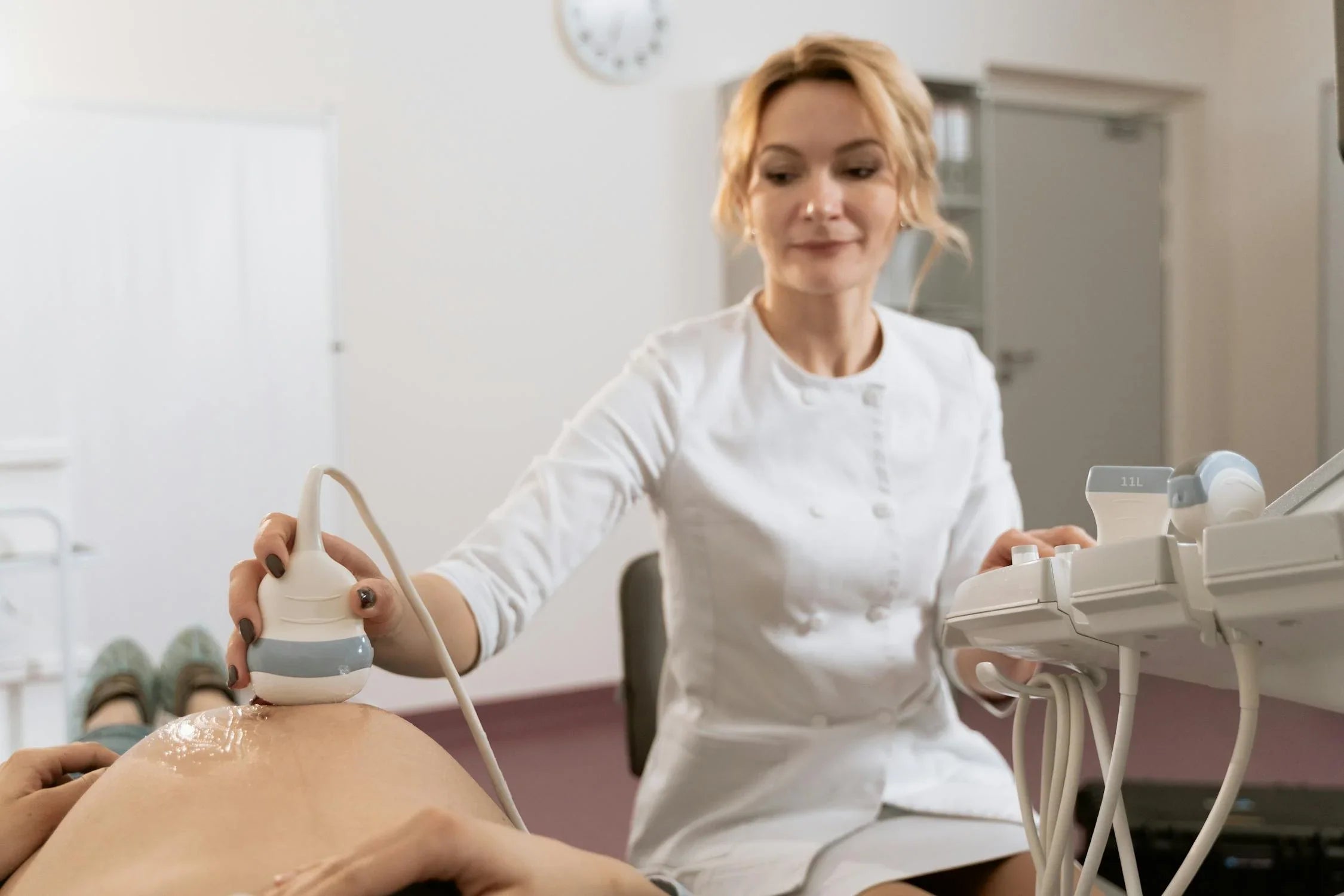Home
Pregnancy, Breastfeeding, and Pumping: The Ultimate Guide for Moms
Can Drinking Water Affect a Pregnancy Test? The Truth Revealed

Can Drinking Water Affect a Pregnancy Test? The Truth Revealed
When it comes to taking a pregnancy test, many factors can influence its accuracy. One question that often arises is: can drinking water affect a pregnancy test? The answer is more nuanced than you might think. In this article, we’ll explore the relationship between hydration and pregnancy test results, providing you with the information you need to ensure reliable outcomes.
Understanding How Pregnancy Tests Work
Pregnancy tests detect the presence of human chorionic gonadotropin (hCG), a hormone produced during pregnancy. Most tests are designed to be highly sensitive, detecting even small amounts of hCG in urine. However, the concentration of hCG can vary depending on several factors, including hydration levels.
The Role of Hydration in Test Accuracy
Drinking water can dilute the concentration of hCG in your urine. If you consume large amounts of water before taking a test, it may reduce the hCG levels to a point where the test cannot detect them accurately. This could lead to a false negative result, even if you are pregnant.
Timing Matters
The timing of your test is crucial. For the most accurate results, it’s recommended to take a pregnancy test first thing in the morning when your urine is most concentrated. This minimizes the risk of dilution and increases the likelihood of detecting hCG if it’s present.
How Much Water Is Too Much?
While staying hydrated is important for overall health, excessive water intake before a pregnancy test can be counterproductive. Aim to drink water in moderation and avoid overhydration in the hours leading up to the test. This will help maintain the necessary concentration of hCG in your urine.
Other Factors That Can Affect Test Results
Besides hydration, several other factors can influence the accuracy of a pregnancy test. These include the sensitivity of the test, the timing of implantation, and certain medical conditions. Always read the instructions carefully and follow them to the letter to ensure the best possible results.
Tips for Taking a Reliable Pregnancy Test
To maximize the accuracy of your pregnancy test, consider the following tips:
- Take the test first thing in the morning.
- Avoid excessive water intake before the test.
- Follow the instructions provided with the test kit.
- Wait until after your missed period for the most reliable results.
What to Do If You’re Unsure
If you receive a negative result but still suspect you might be pregnant, wait a few days and retest. hCG levels double every 48 to 72 hours in early pregnancy, so waiting can increase the likelihood of an accurate result. If you’re still unsure, consult a healthcare professional for further testing.
Understanding how drinking water can affect a pregnancy test is key to ensuring accurate results. By managing your hydration levels and following best practices, you can increase the reliability of your test. Remember, when in doubt, seek professional advice to confirm your pregnancy status.
Share

